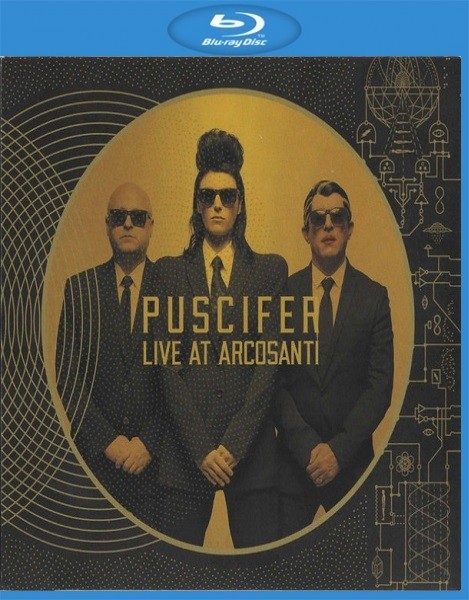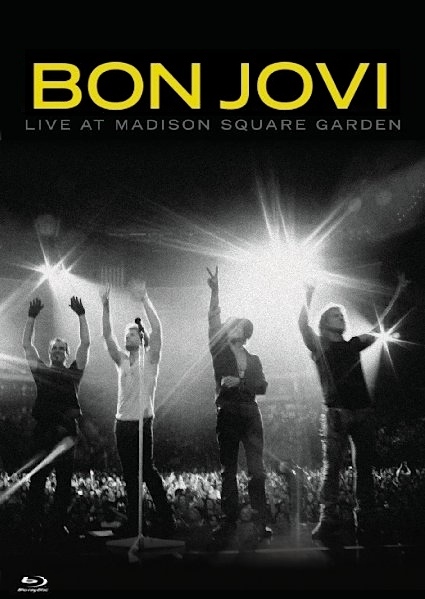
Maria Callas, Nicola Rossi-Lemeni, Orchestra del Teatro della Scala di Milano, Gianandrea Gavazzeni – Rossini: Il turco in Italia (2022)
FLAC (tracks) 24 bit/96 kHz | Time – 01:52:50 minutes | 1,16 GB | Genre: Classical, Opera
Studio Masters, Official Digital Download | Front Cover | © Warner Classics
Hermes Opernlexikon: “Callas as a fascinatingly disciplined ensemble member;Stabile in a post-war recording as a reminder of his great past;Rossi-Lemeni’s demonstration of a quasi-graceful wit – all that makes these discs very precious.”
Read more![Maria Callas, Giuseppe Di Stefano, Rolando Panerai, Nicola Rossi-lemeni, Angelo Mercuriali, Carlo Forti, Aurora Cattelani, Coro e Orchestra del Teatro alla Scala di Milano, Tullio Serafin - Vincenzo Bellini: I Puritani (1953/2014) [Official Digital Download 24bit/96kHz] Download](https://imghd.xyz/images/2022/08/29/0825646254347_600.jpg)
Maria Callas, Giuseppe Di Stefano, Rolando Panerai, Nicola Rossi-lemeni, Angelo Mercuriali, Carlo Forti, Aurora Cattelani, Coro e Orchestra del Teatro alla Scala di Milano, Tullio Serafin – Vincenzo Bellini: I Puritani (1953/2014)
FLAC (tracks) 24 bit/96 kHz | Time – 02:22:04 minutes | 1,36 GB | Genre: Classical
Studio Masters, Official Digital Download | Digital Booklet, Front Cover | © Warner Classics
In August 1947 Maria Callas, newly arrived back in Europe from an abortive search for roles in America, secured the role of Gioconda at the Verona Arena and met the second great musical influence on her life, the opera’s conductor Tullio Serafin. With Serafin, Callas went on at first to sing Turandot, Aida, Brünnhilde and Isolde (the last two in Italian).
Serafin was a passionate Wagnerian but he had other ideas for his protégée. In the 20th century up until then the bel canto roles of Donizetti, Bellini or Rossini had been taken generally by light coloratura voices like that of Elvira de Hidalgo, Callas’s teacher in Athens. Revivals of the operas thus became showcases for vocal agility rather than serious music drama. Callas, thought Serafin, could bring to these works a heavier voice that took all their agilitá in its stride while imbuing them with dramatic credibility.
Callas first studied Norma with Serafin (making her debut in the role at Florence in November 1948). Then, the following January at Venice’s La Fenice, the conductor persuaded her to learn and take over Elvira in I puritani at just three days’ notice after her last Brünnhilde of the season. Callas’s success in two such disparate roles yielded comparisons with legendary singers of an earlier generation like Lilli Lehmann.
It led Callas personally, and the repertoire in general, to a new focus on roles that had been written as vehicles not only for singers with exceptional vocal capabilities but for dedicated and effective actresses. In bel canto roles like Bellini’s Norma, Amina and Elvira or Donizetti’s Lucia and Anna Bolena Callas went on to uncover their sheer drama. This was the very quality (representation of character being at least as important as singing) that, at the expense of more accomplished vocalists, Bellini sought while insisting on Giuditta Pasta as Norma or, for that matter, Puccini when casting Hariclea Darclée as his first Tosca because of her beauty.
(more…)





